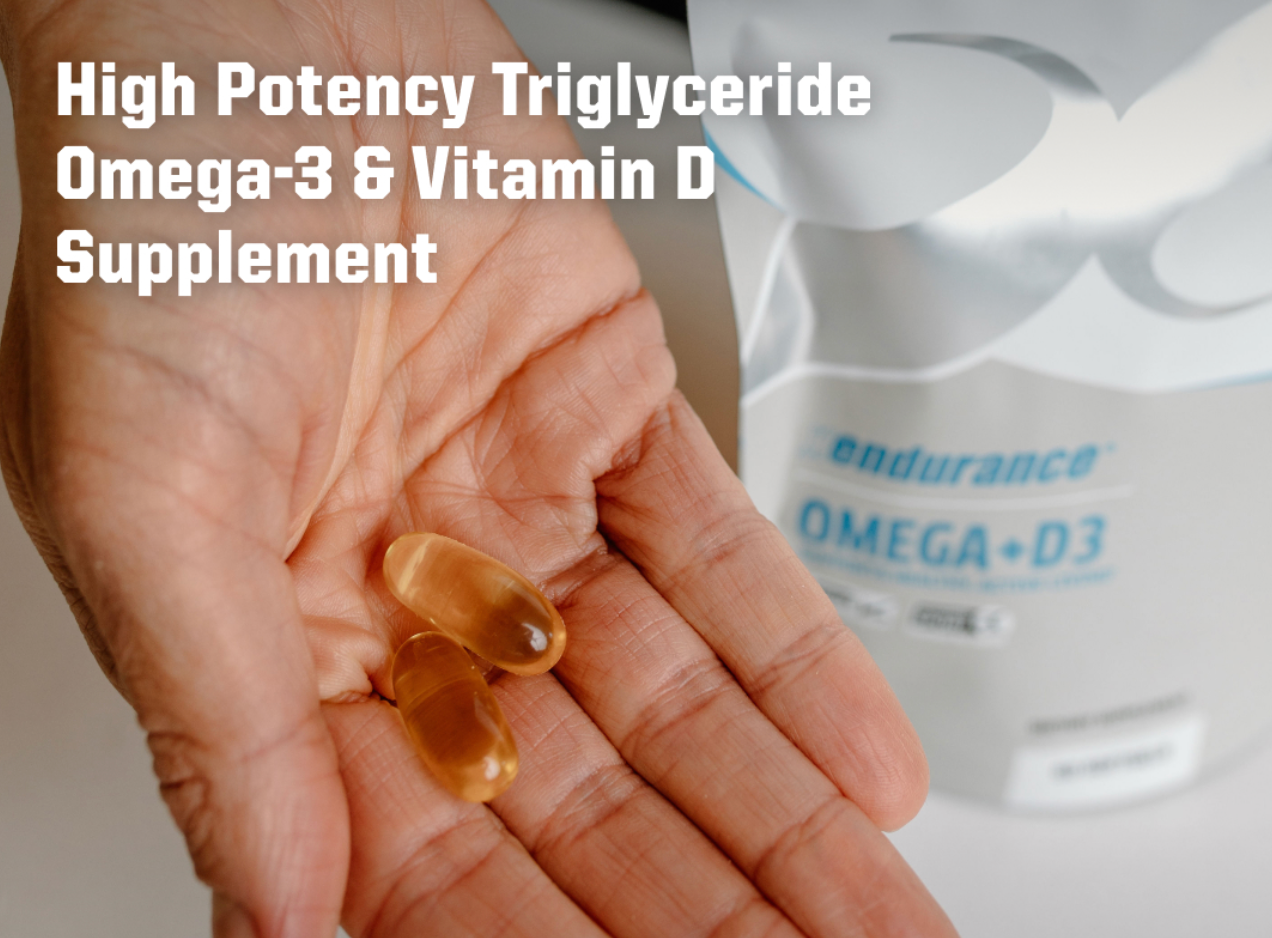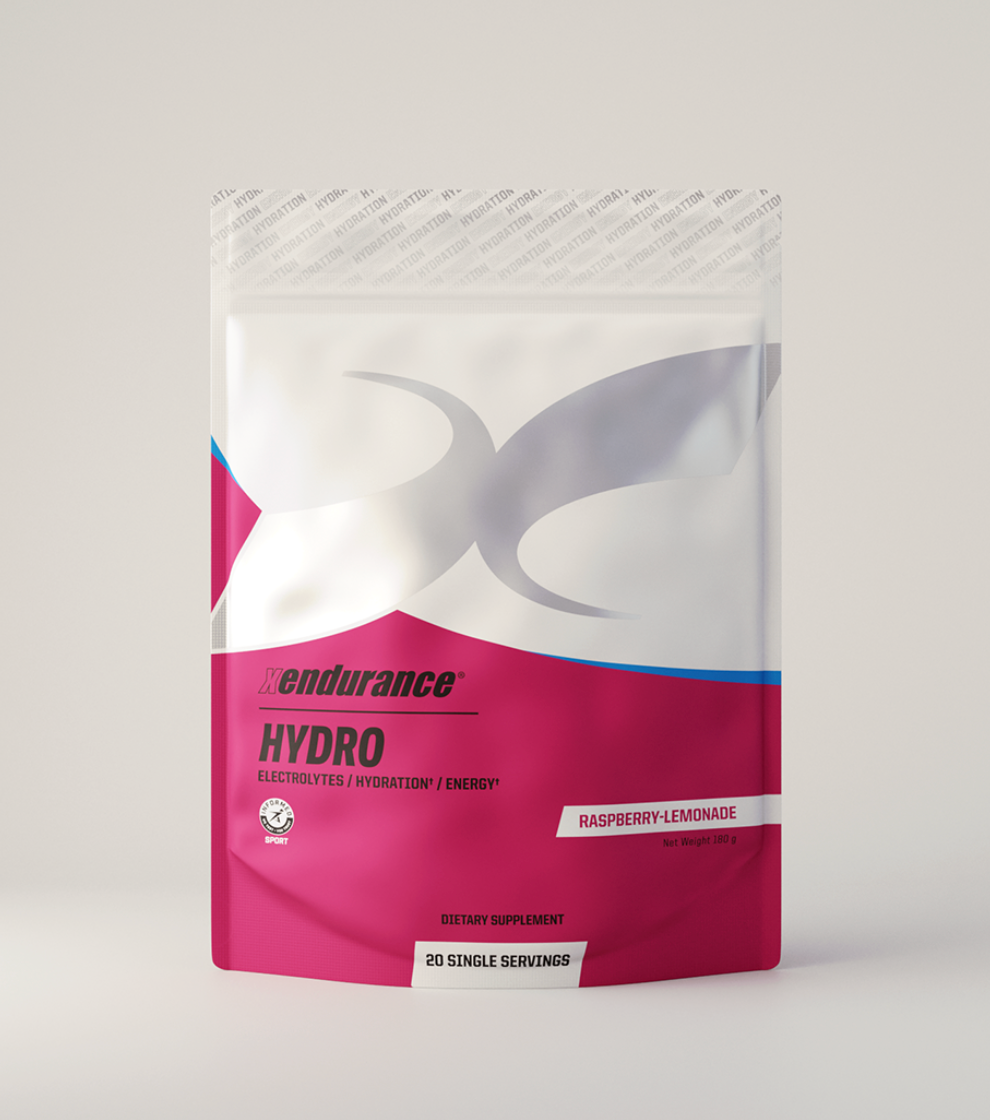Imagine this: You're an avid trail runner, pounding the paths every weekend, feeling the rush of endorphins as you conquer steep inclines and breathe in the crisp mountain air. But lately, those nagging joint aches after long runs have started to dull the joy, and you've noticed your recovery time stretching longer than your routes.
Instead of reaching for painkillers to mask the discomfort, why not explore the science behind essential fatty acids and unlock their incredible potential? Could omega-3s truly ease your joint pain, supercharge your energy, and elevate your everyday well-being? What other transformative benefits do they bring to your health and active routine? Dive deeper into this article to see why omega-3s go far beyond a simple supplement—they're a true catalyst for dynamic lifestyles, boosting peak performance, speeding up recovery, and infusing your life with vibrant health and positivity.
Understanding Omega-3 Fatty Acids
Omega-3 fatty acids are polyunsaturated fats that our bodies can't produce on their own, making them essential nutrients we must obtain through diet or supplements. Found primarily in fatty fish like salmon, mackerel, and sardines, they play crucial roles in cell membrane structure, hormone production, and inflammation regulation.
The two most important types for human health are eicosapentaenoic acid (EPA) and docosahexaenoic acid (DHA), which are long-chain omega-3s known for their anti-inflammatory properties and support for brain, heart, and joint function. While alpha-linolenic acid (ALA) from plant sources like flaxseeds is another omega-3, it's less efficient as the body converts only a small percentage to EPA and DHA. For optimal benefits, focusing on EPA and DHA from marine sources is key.
Ethyl Ester vs. Triglyceride: The Key Differences
One critical aspect to consider when choosing an omega-3 supplement is the form in which the fatty acids are delivered: ethyl ester (EE) versus triglyceride (TG). Ethyl esters are a synthetic form created during the processing of fish oil to concentrate the omega-3s. This involves attaching the fatty acids to an ethanol molecule, making the oil more stable for manufacturing but less natural to the body.
On the other hand, triglycerides are the natural molecular form found in fish and whole foods, where three fatty acids are bound to a glycerol backbone. This structure mimics how omega-3s occur in nature, leading to superior bioavailability. Research demonstrates that TG forms are absorbed up to 71% better than EE forms, as the body's pancreatic lipase enzyme more readily breaks down triglycerides in the gut. EE forms, while cheaper to produce, can lead to poorer absorption, potential oxidation, and even gastrointestinal discomfort like fishy burps.
Why Triglyceride Form Is the Superior Choice
Studies comparing the two have shown that TG omega-3s result in higher plasma levels of EPA and DHA, making them more effective for delivering health benefits. For these reasons, the triglyceride form is widely regarded as the best choice, ensuring you get the most bang for your buck—and your body. Opting for TG minimizes waste and maximizes the anti-inflammatory and protective effects that omega-3s are prized for.
The Best Types of Omega-3s: Focus on EPA and DHA
When it comes to the types of omega-3s that matter most, EPA and DHA steal the spotlight. EPA is particularly potent for reducing inflammation and supporting cardiovascular health by lowering triglycerides and improving blood vessel function. DHA, meanwhile, is vital for brain health, comprising a significant portion of the brain's fatty acids, and it aids in maintaining cognitive function and mood stability. Together, they form a dynamic duo that enhances overall well-being.
Recommended Daily Intake for EPA and DHA
As for daily intake, most health organizations recommend a minimum of 250–500 mg of combined EPA and DHA for healthy adults to support general health. However, for those with active lifestyles or specific concerns like joint pain or heart health, higher doses—around 1,000–2,000 mg per day—may be more beneficial, as they can amplify anti-inflammatory effects and recovery.
The American Heart Association suggests up to 4 grams daily for individuals with high triglycerides, but always consult a healthcare provider before exceeding 3 grams to avoid potential side effects like bleeding risks. Starting with 1,000 mg of EPA+DHA and adjusting based on your needs is a solid approach for most people.
Why Skip Omega-6 and Omega-9 Supplements
Now, you might wonder about other omegas like 6 and 9—do you need to supplement those too? The short answer is no, and here's why.
Omega-6 fatty acids, such as linoleic acid found in vegetable oils, nuts, and seeds, are essential but abundant in the modern Western diet. In fact, most people consume far too many omega-6s relative to omega-3s, leading to an imbalance that can promote inflammation rather than reduce it. The ideal ratio is around 4:1 (omega-6 to omega-3), but many diets hit 20:1 or higher, exacerbating conditions like arthritis and heart disease. Supplementing omega-6 would only worsen this imbalance, so focus on cutting processed foods and boosting omega-3s instead.
The Unnecessary Role of Omega-9
Omega-9s, like oleic acid in olive oil and avocados, aren't even essential because your body can produce them from other fats. They're beneficial for heart health as monounsaturated fats, but since they're plentiful in everyday foods, supplementation is unnecessary and could lead to excess calorie intake without added benefits. Prioritizing omega-3s alone helps restore balance and targets the deficiencies most people face.
Omega-3 Benefits for Heart Health
The benefits of omega-3 supplementation extend far beyond general wellness, particularly for heart health. For the heart, EPA and DHA help lower blood pressure, reduce triglyceride levels, and prevent plaque buildup in arteries, slashing the risk of heart disease and stroke. A meta-analysis of studies showed that regular intake can decrease cardiovascular events by up to 10%.
Supporting Joint Health with Omega-3s
When it comes to joints, omega-3s act as natural anti-inflammatories, easing pain and stiffness in conditions like osteoarthritis and rheumatoid arthritis by inhibiting pro-inflammatory cytokines. This protection extends to cartilage preservation, making them ideal for anyone dealing with wear and tear from daily activities or aging.
Enhancing Athletic Performance and Recovery
Athletes and active individuals stand to gain immensely from omega-3s, as they help enhance endurance, speed recovery, and prevent injuries across various sports. In endurance activities like running, cycling, and swimming, omega-3s improve oxygen delivery to muscles, boost VO2 max, and delay fatigue by optimizing mitochondrial function. For strength-based pursuits such as weightlifting or CrossFit, they reduce delayed onset muscle soreness (DOMS) and inflammation post-workout, allowing for more frequent training sessions.
Benefits for Team and High-Impact Sports
Team sports like soccer or basketball benefit from better joint mobility and reduced injury risk, as omega-3s strengthen connective tissues and improve reaction times through enhanced brain function. Even in high-impact activities like hiking or martial arts, the anti-inflammatory effects help maintain performance and longevity.
Science backs this: A study on athletes found that supplementing with 2 grams of EPA+DHA daily improved muscle recovery and reduced oxidative stress after intense exercise. Overall, omega-3s support metabolic health, mood stability, and immune function, ensuring you stay in the game longer.
Spotlight on Xendurance Omega+D3
One standout product that embodies these principles is Xendurance Omega+D3. This 2-in-1 supplement combines 1,000 mg of triglyceride-form EPA and DHA with 4,000 IU of vitamin D3, addressing common deficiencies in active people. Xendurance chose the triglyceride form specifically for its superior absorption—studies cited by the brand show it's 70% more bioavailable than ethyl esters, reducing the risk of instability and maximizing benefits. Sourced from purified anchovies, it promotes heart and brain health, joint mobility, bone strength, and immune support without any fishy aftertaste. Taken as one capsule morning and evening with meals, it's designed for convenience and efficacy, making it a top pick for athletes seeking science-backed results.
Final Thoughts: Embrace Omega-3s for a Healthier You
In conclusion, incorporating an omega-3 supplement, especially in triglyceride form with ample EPA and DHA, can transform your health and performance.
Countless studies affirm its benefits; the evidence is clear: Omega-3s help reduce inflammation, protect your heart and joints, and elevate your active life. Skip the unnecessary omega-6 and 9 add-ons, aim for 250–1,000 mg of EPA+DHA daily (or more for targeted needs), and choose quality products like Xendurance Omega+D3. Your body will thank you with boundless energy and resilience. Whether you're hitting the gym, the trails, or just staying active, omega-3s are the positive boost you deserve.









Leave a comment
This site is protected by hCaptcha and the hCaptcha Privacy Policy and Terms of Service apply.